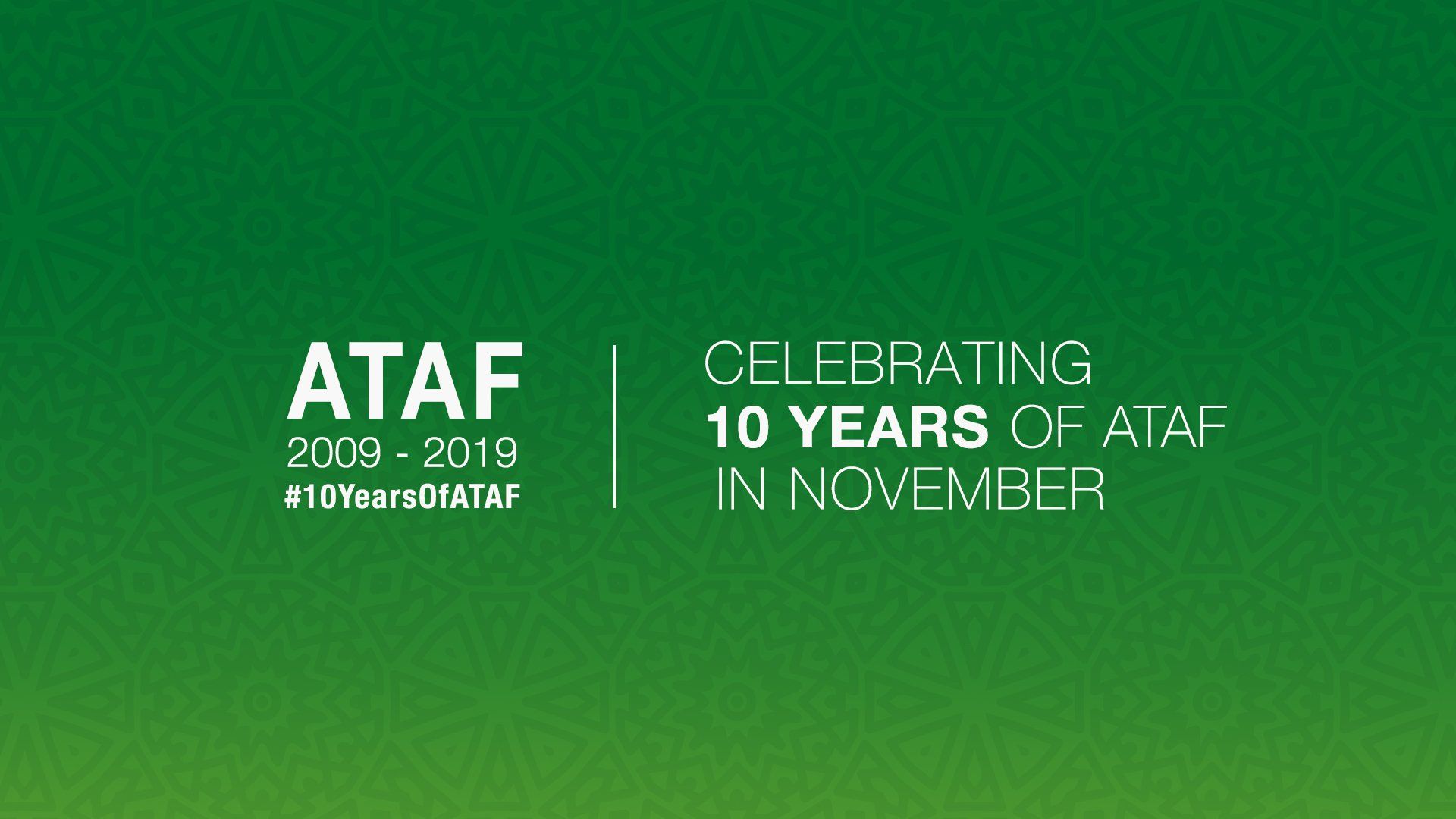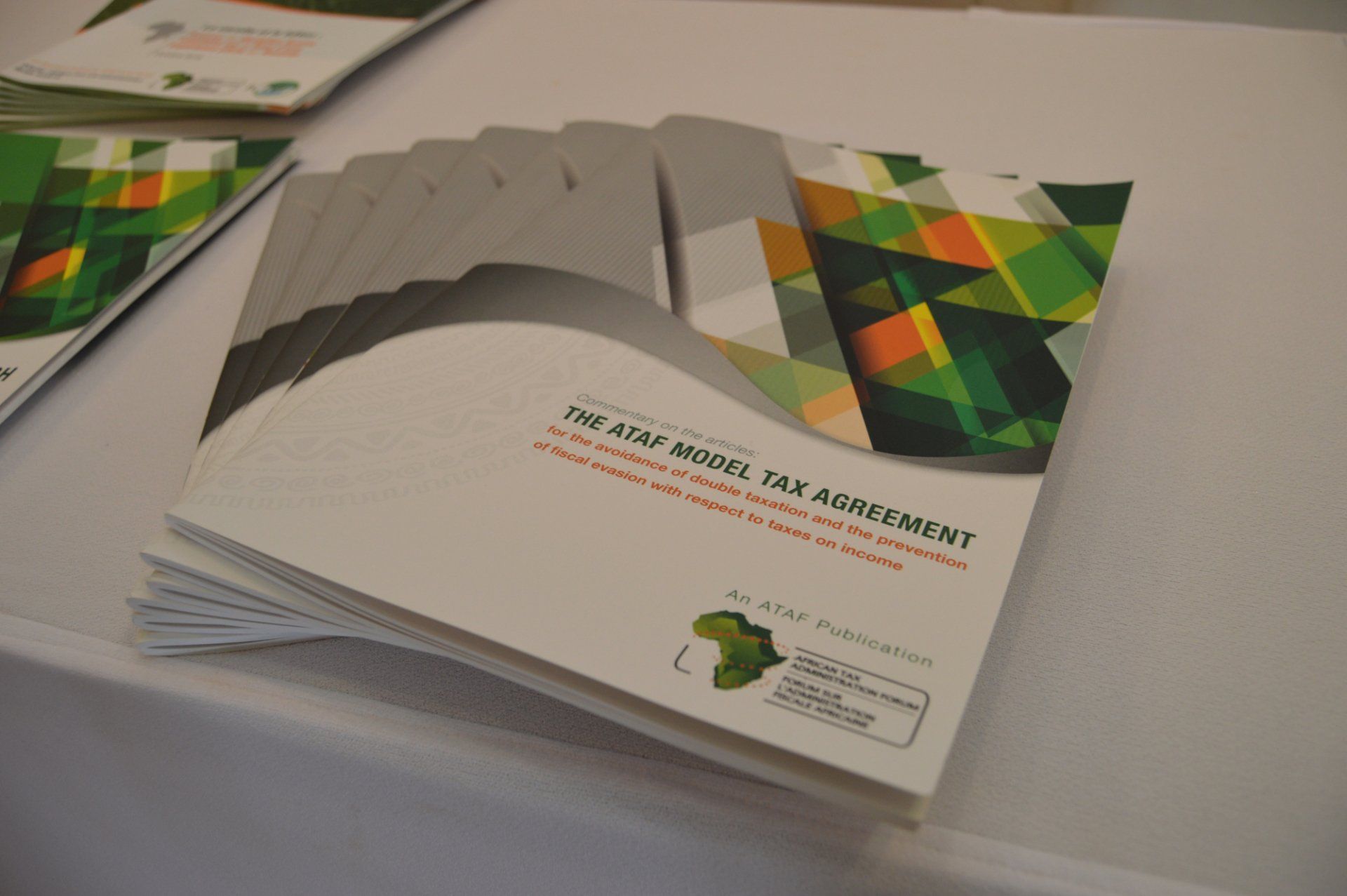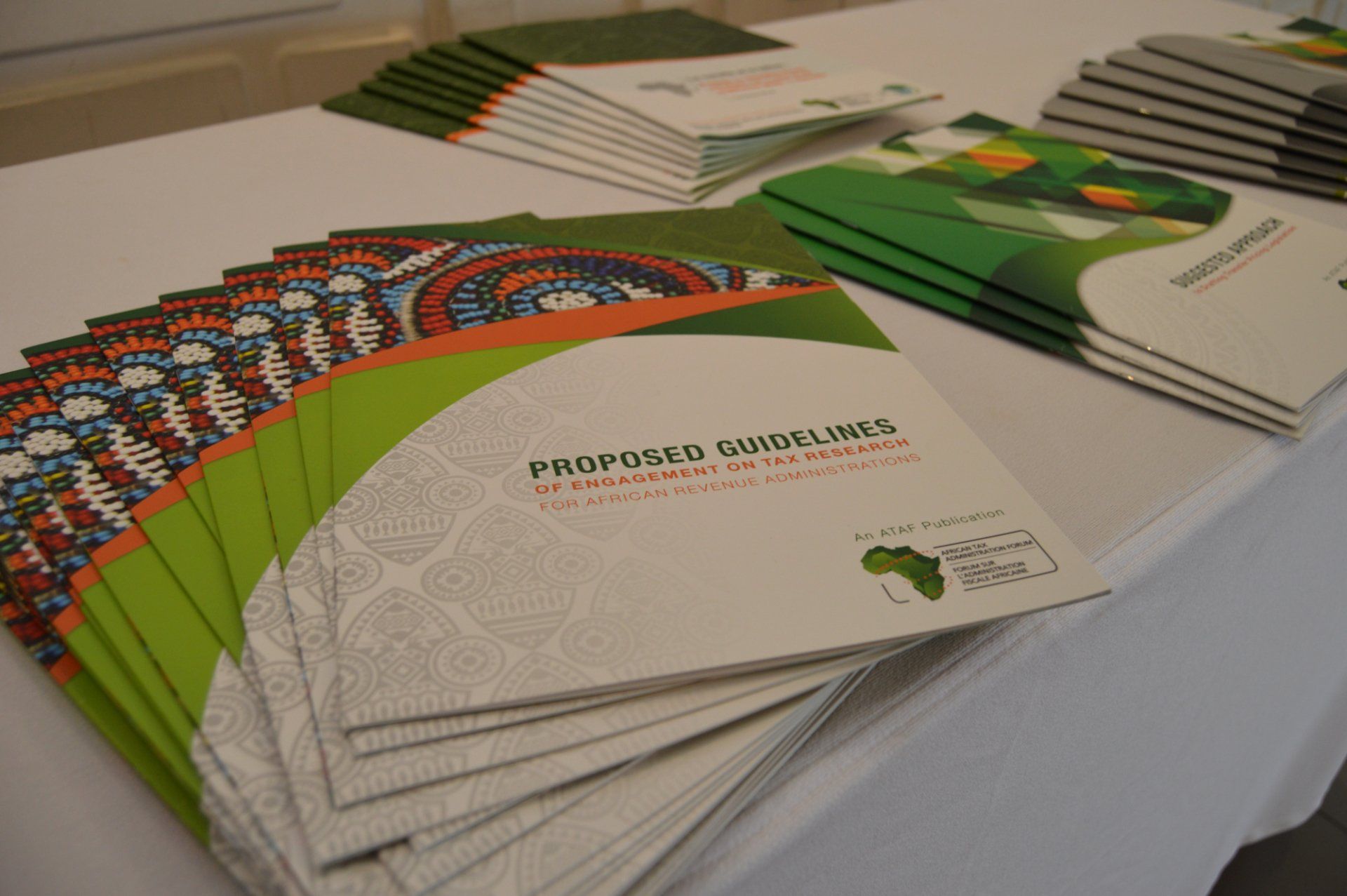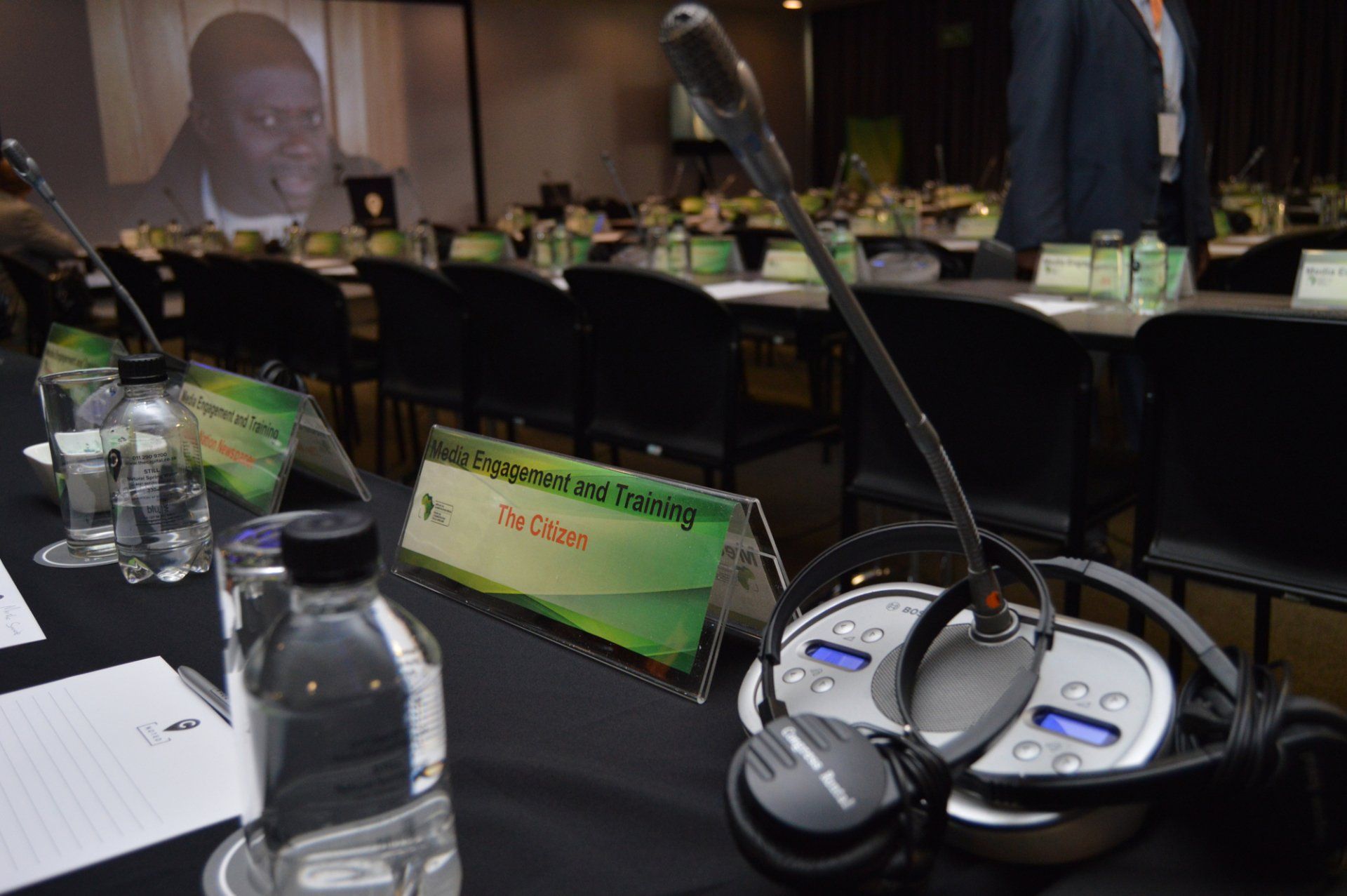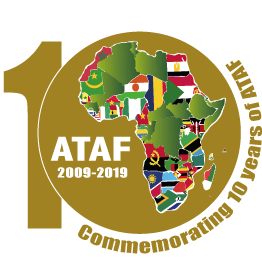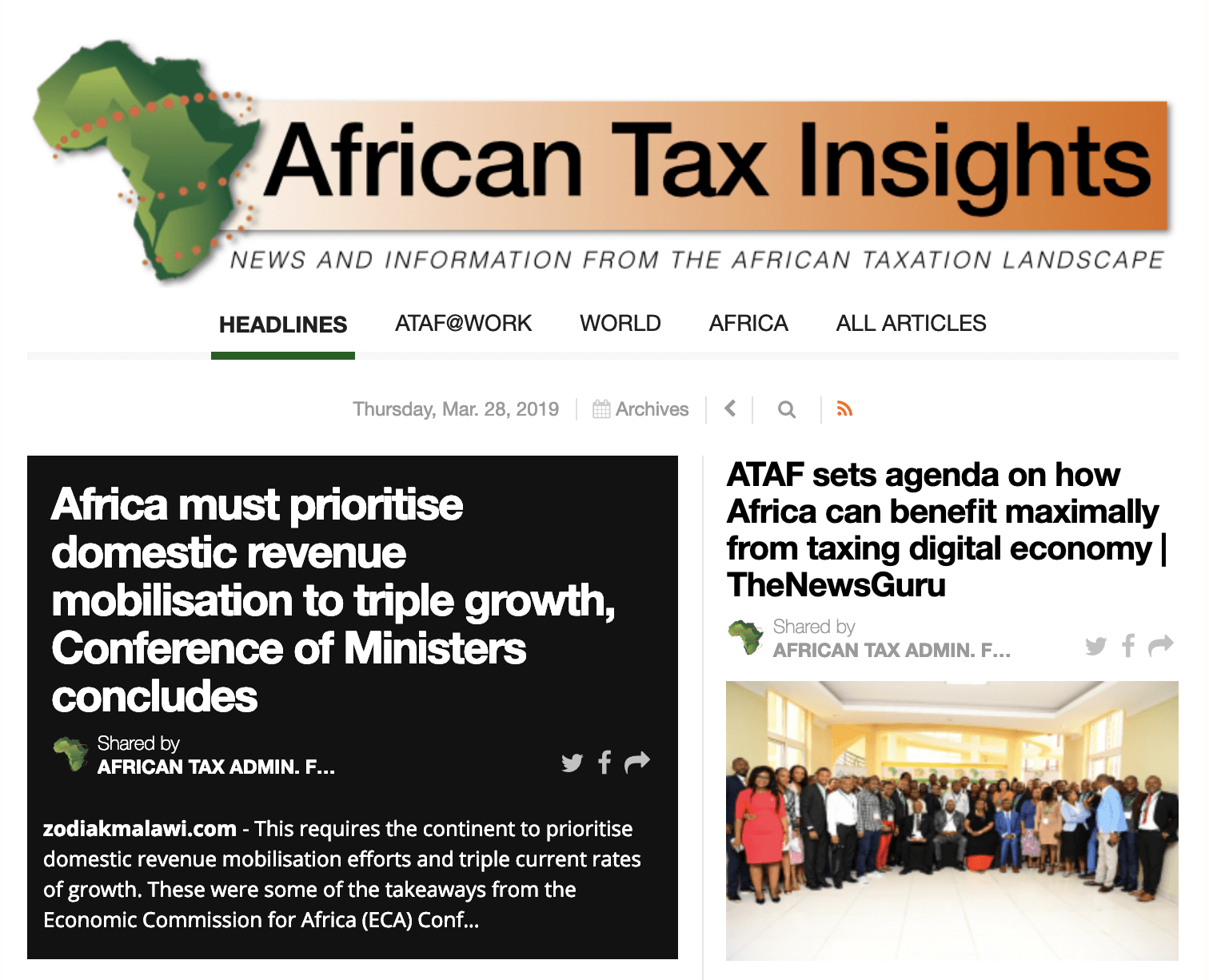Celebrating 10 Years of building efficient and effective tax administrations in Africa.
#10YearsOfATAF
The African Tax Administration Forum is marking the first decade of our existence by hosting a number of regional events across the continent throughout the year. The events aim to highlight the organisation’s work and celebrate our many achievements since our inception in 2009. At the events we will also be forward looking, mapping the way for ATAF’s next 10 years.
Take a brief look at the environment that existed and some the factors that led to the birth of ATAF
Some of our milestones on the road back to Kampala.
"A journey of a thousand miles begins with a single step."
If you have interacted with ATAF in any capacity in the past 10 years and would like to share your views, experiences and memories with us
we would be delighted to have your input as part of our record of the organisation’s first decade.
October 2008
Technical task team officials meet in Accra, Ghana, to discuss the elements for the establishment of ATAF, including the terms of reference, the ATAF Agreement, times frame and a work programme.
View further milestones on the Road to Kampala 2019#10YearsOfATAF
More Milestones
January to November 2009
The steering group holds its first meeting in Cape Town and agree that an interim secretariat for ATAF would be set up by the South African Revenue Service. Also agreed upon was a draft constitute and a roadmap outlining the milestones to be achieved in the run up to the official launch of ATAF.
August 2008
A steering group of seven heads of African Tax Administrations, supported by a technical task team of senior officials, is mandated to begin the work that would lead to the establishment of the African Tax Administration Forum.
ANNOUNCEMENTS
ATAF TAX ADMINISTRATION LIBRARY (TAL)
The ATAF’s Tax Administration Library (TAL) aims at providing African tax administrations with a platform to showcase and share amongst themselves and to the world their good practices, experiences and knowledge in tax matters. The main objective of TAL is to allow tax administrations to make available their publications on this platform so that they can preserve, enhance and develop good practices fostering the network among the 38 ATAF member countries and leveraging on existing solutions to improve tax administrations in Africa. Because there are great institutional strategic and operational variations with regard to tax administration on the continent...
BLOG
TECHNICAL NOTE
INCLUSIVE FRAMEWORK PROPOSALS TO ADDRESS THE TAX CHALLENGES ARISING IN AFRICA FORM THE DIGITALISATION OF THE ECONOMY
The Inclusive Framework Public Consultation Document (PCD) sets out the proposals for a potential long-term solution to the broader tax challenges arising from the digitalisation of the economy and the remaining BEPS issues. Following its first technical note on the Tax challenges arising in Africa
from the digitalisation of the economy, ATAF's second Technical note provides further detail on the proposed revisions to the profit allocation and nexus rules and the proposals to address remaining BEPs issues. It then sets out details of how ATAF will work with members to ensure Africa helps to steer the development of these proposals.
Download the Technical Note
TAX AND DEVELOPMENT COURSE
Taxation is widely recognised as a core issue in development both in its own right as a source of development finance and because of how it can contribute to sustainable development, democratic institutions and state building.
EXECUTIVE MASTER'S IN TAXATION
ATAF’s Executive Master’s in Taxation (EMT) is a unique international interdisciplinary programme developed by the Organisation in collaboration with its member countries, partner universities, GIZ, and other development partners.
TAX INSPECTORS
Tax Inspectors Without Borders is a joint initiative of the Organisation for Economic Co-operation and Development (OECD) and the United Nations Development Programme (UNDP) supporting countries in building tax audit capacity. ATAF is a proud partner of TIWB in strengthening tax regimes and fostering Domestic Resource Mobilisation in Africa.

